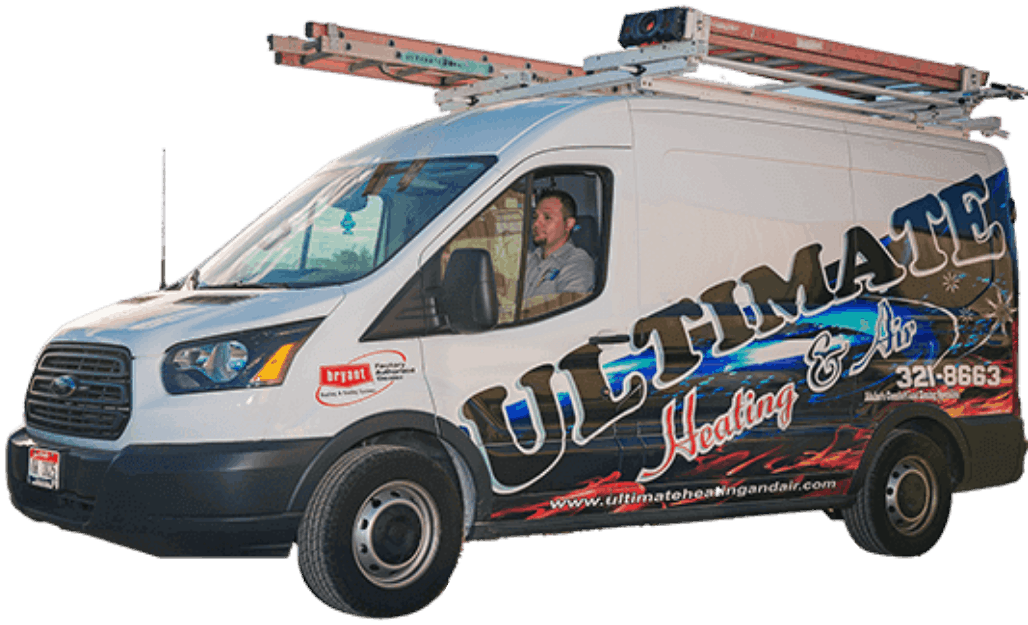
DC HVAC contractors need workers compensation insurance. This insurance covers workers who are injured and pays for lost wages. Additionally, it covers other costs like medical supplies. This type insurance is required for all contractors. This article will teach you how to get this type.
Getting a License
In the District of Columbia, getting a license to perform HVAC and plumbing services is a legal requirement for all HVAC and plumbing contractors. Contractors who fail to obtain a permit are subjected to harsh penalties. A $2,000 minimum penalty could be applied to a first-time offense.
HVAC contractors must be trained on the job before they can obtain a license in the District of Columbia. An apprenticeship program is available in Washington DC. These programs provide on-the-job training with a licensed steam engineer. An apprenticeship certificate costs $175. There is a $65 non-refundable application charge.

License conditions
DC requires HVAC contractors to be approved by the state. They must also have a certain amount of experience and post a bond that demonstrates they can keep employees safe. Additionally, their license must be renewed each year. More information can be obtained from the Secretary of States.
Passing an exam is required to become a licensed HVAC contractor. To be licensed in the HVAC industry, most states require that you pass an exam. You may also be eligible to complete an apprenticeship with a sponsoring organisation.
To obtain a licence without a masters degree, there are some requirements
For HVAC contractors in the District of Columbia, you do not need to have a master's level degree. Apprenticeships are one of the many options for training to obtain your license. Apprenticeships can be sponsored by organizations and are usually free.
To be eligible for a contractor license, there are certain requirements. First, a trade exam must be passed and then a Construction Management Survey examination. The Construction Management Survey exam includes questions about business management. Contractors must pass a background check. They also need to submit current financial statements. Finally, the contractor must ensure that all permits for project are obtained.

Master's Degree Requirements without Community College Degree
There are several ways to train for a career in the HVAC field. There are two options: you can either get training at no cost through your local community college or an apprenticeship. Apprenticeships in this field usually involve working under a master mechanic who is licensed.
However, even if your community college degree isn't enough, you may still be eligible to apply for HVAC contractor licensing. However, you must pass the state exam. You must be licensed if you want to do HVAC work in DC. You must pass a test covering trade, law, and business to become licensed in this state. You must also post a $10,000 bond.
FAQ
What is a Service Agreement template?
A service arrangement template is a form of document that contains all details concerning a particular service. You can use a service agreement templates to create a standard type of agreement.
Service agreements are crucial because they set the boundaries between two parties.
They aid in understanding the needs and expectations of both parties. They also make sure both sides know what they are agreeing to before they sign the deal.
Where can I find more information about building permits?
Talk to your local government (for example, NSW Local Government Association), and your local realty agent. They should be available to help you determine the right steps to take to get building permission.
Is there a limit on the amount I can spend on this project?
No. No. However, you may be able to negotiate a lower price with the contractor.
Who pays for the service?
The SCA identifies who is responsible for paying the service. In the event that the service provider is not paid fully, they may be eligible to seek compensation from the courts.
What is the scope of my SCA?
The scope of the work will be specified by your SCA, which will include how long it will take, what materials will be used, what equipment will be needed, and whether special permits will be required.
When do I have the obligation to pay for the service/contractor
The service you are receiving will dictate the payment schedule. A contractor might hire to install a roof. You would usually pay when the work is complete. In contrast, if you buy a product from a supplier, such as a kitchen range cooker, you might only pay after receiving and testing the item.
Statistics
- (ii) Name, address, and telephone number of each proposed first-tier subcontractor with a proposed subcontract estimated at $10 million or more. (acquisition.gov)
- Reasonable late fees go up to 25% per year on unpaid sums. (lawdepot.com)
- Don't take their anger personally, they are mad about the situation 99% of the time. (activatemylicense.com)
- (1) Except as provided in paragraphs (a)(4) and (a)(8) of this section, if the estimated amount of the contract or subcontract is $10 million or more, the contracting officer shall request clearance from the appropriate OFCCP regional office before- (acquisition.gov)
- Depending on the client's trustworthiness and financial stability, a deposit is usually 10 to 50% of the total contract amount. (lawdepot.com)
External Links
How To
What should a service arrangement include?
A Service Agreement (SA) is essential to any business relationship. It describes what you expect of each other and how to achieve it. It also outlines when and where the other party must fulfill its contractual obligations.
A successful SA must include these key elements:
-
Both parties agree on the scope of work and the services they require.
-
Information about payment terms, including the start and end dates for delivery of goods/services.
-
The project price must be agreed.
-
Any additional costs like VAT etc.
-
Whether there are other topics that require discussion.
-
Who will take care of the job if it goes wrong?
-
How disputes will be resolved.
-
What happens when one party breaks the contract?
-
What happens in case of dispute.
-
When does the contract come into effect?
-
What happens when one of the parties doesn't perform?
-
What time do you need to pay your invoices?
-
Who pays for things like travel expenses.
-
Where the money comes.
-
What happens when the client has a change of mind?
-
What happens if the supplier doesn't turn up.
-
Who has access to the site during construction?
-
What happens if the client cancels the project?
-
What happens if the product malfunctions?
-
What happens if the supplier refuses to sell parts?
-
What happens if the equipment is damaged?
-
What happens if a project takes longer than expected?
-
What happens if the work isn’t completed within the stipulated time?
-
What happens when the project's quality falls below what you expected?
-
What happens if costs exceed expectations?
-
What happens if the materials aren't delivered on time.
-
What happens when the material arrives damaged.
-
What happens to the products if they are not up-to-standard?
-
What happens if the job is canceled before completion.
-
What happens if the company goes bankrupt?